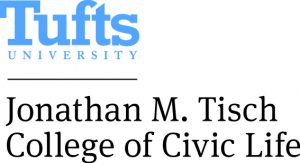Harry Boyte defines public work as “self-organized efforts by a mix of people who solve common problems and create things, material or symbolic, of lasting civic value” (Boyte 2011).
Public Work disputes the standard definition of “civic engagement” as activities that people undertake voluntarily without being paid, such as voting, protest, or discussing issues. That definition trivializes civic life by reducing it to after-work voluntarism and marginalizes the many ways that people contribute to public spaces and institutions.
Public Work also disputes the distinctions among public, private, and nonprofit sectors. A private enterprise might turn out to contribute more and better to a public good than a government does. For instance, if a bank decides to build a new branch in a central location, strives to make the facade appealing to residents, and consults other stakeholders about the design, that could be Public Work even though the bank is a private, for-profit corporation.
This ideal suggests a whole range of reforms, from regulations that compel consultation to changes in the training and education of professionals. We might also re-conceive some policy proposals, such as the Green New Deal, as opportunities for many people in many sectors to do Public Work. Reducing greenhouse emissions and mitigating the damage of climate change are public goods. People can contribute to these goods by paying taxes, supporting regulations, participating in local planning processes, volunteering after work, reorienting their businesses, conducting research, refraining from certain purchases, and educating their own children. All of this–together–can be seen as Public Work and promoted (but not fully realized) by federal policy.
The Public Work concept is similar to the idea of commons in the writings of Elinor Ostrom, because she also emphasizes that people work collaborative to create and preserve things of public value. Public Work connects to the idea of deliberative democracy insofar as it usually involves intensive discussions about what to make or do. However, Public Work theory is distinctive in its focus on work as a civic act.

